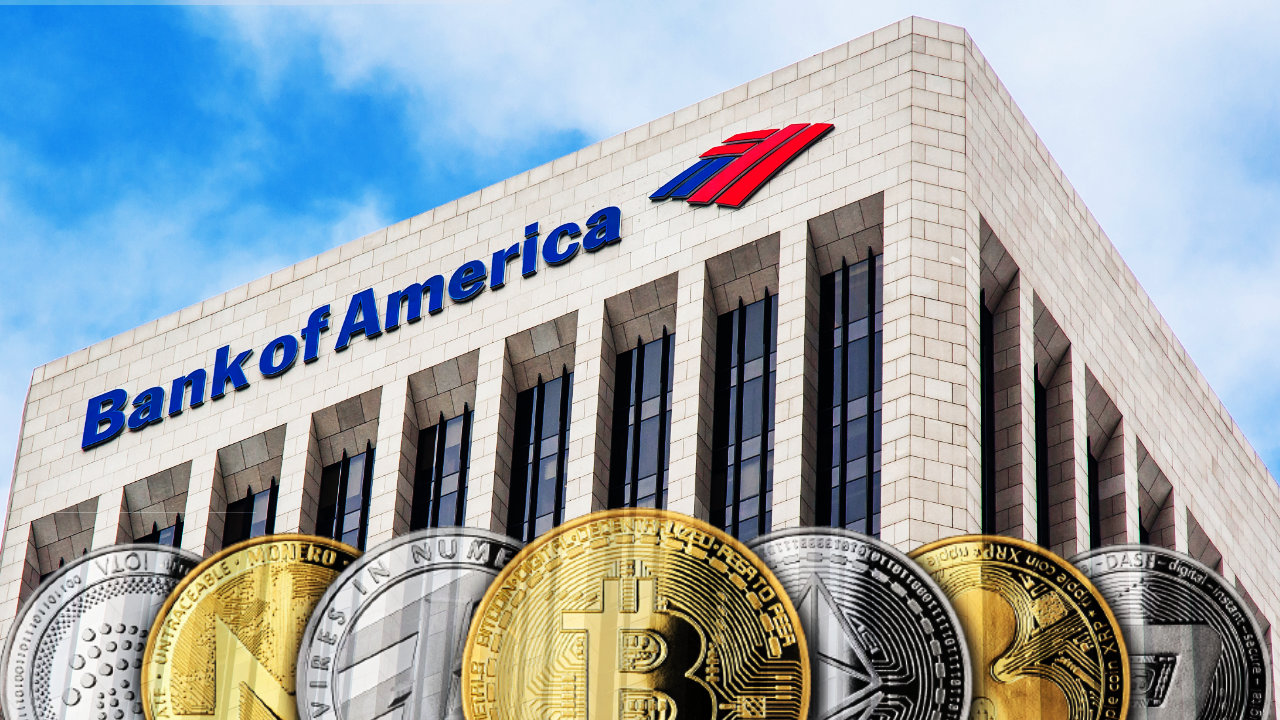
The Future of Digital Assets: A New Era for Bitcoin and Cryptocurrency Regulations
Introduction
In recent years, the landscape of digital assets has been fundamentally reshaped by various economic, regulatory, and technological influences. From the rise of Bitcoin as a serious financial instrument to the challenges posed by regulatory crackdowns and market volatility, the journey of cryptocurrency has been a whirlwind. In this article, we explore the latest trends, the evolving regulatory environment, and the potential for digital assets, particularly Bitcoin, to redefine the financial ecosystem.
An evolving landscape of digital assets in 2024.
The Current State of Cryptocurrency
The discussion surrounding cryptocurrency has only intensified as 2024 kicks off with optimism stemming from newfound Wall Street interest, particularly with the introduction of spot Bitcoin exchange-traded funds (ETFs). The price of Bitcoin has surged, soaring back up to $70,000 and signaling a possible turning point for the asset. Financial experts suggest that this surge isn’t merely speculative; it’s grounded in a broader acceptance of Bitcoin as a legitimate financial asset poised to challenge traditional institutions like gold.
In a recent statement, investor Chamath Palihapitiya noted the shifting sentiment, claiming that Bitcoin could completely replace gold as countries navigate economic turbulence and dollar debasement fears. As global economic pressures mount, more nations appear open to integrating Bitcoin into their monetary systems, leading to a potential surge in its valuation to astronomical heights, possibly even reaching $500,000 by late 2025, if past trends hold true.
Regulatory Evolution in the Digital Asset Space
One cannot overlook the stark contrast in regulatory approaches across different jurisdictions. In the U.S., the call for clearer and more comprehensive regulations is growing louder. Experts contend that as digital assets mature, a nuanced framework is increasingly necessary. Michael Gonzales from EY emphasized this during a recent conference, pointing to the importance of stable coins and asserting that they require a robust regulatory underpinning to ensure consumer trust and market integrity.
The complexities around stable coin regulation emerged in the context of the collapsed FTX exchange and the ongoing scrutiny faced by high-profile investors implicated in fraudulent activities. The cryptocurrency ecosystem is marred by its fair share of challenges, including the prominent case of Sam Bankman-Fried, whose actions reinforced the need for stringent governance and accountability measures.
As sessions on regulation unfold, emerging patterns indicate that authorities are recognizing the necessity for a balanced approach—one that preserves innovation while protecting investors. This regulatory clarity could not only enhance market stability but also bolster consumer confidence in the long-term viability of digital assets.
Bitcoin’s Legal Recognition in China
Amidst a backdrop of tightening regulations, notable developments are occurring even in regions traditionally skeptical towards cryptocurrencies. The Shanghai No. 2 Intermediate People’s Court recently recognized Bitcoin as a unique digital currency, a landmark decision affirming its legitimacy within a country that has otherwise been relatively hostile to cryptocurrency operations. This pronouncement underscores Bitcoin’s potential as more than just an asset; it solidifies its status as a form of digital property, helping to enhance legal rights for holders within China’s complex legal framework.
Despite the prohibition of cryptocurrencies, this recent ruling showcases a growing acknowledgment that Bitcoin has intrinsic value due to its uniqueness and scarcity—characteristics distinguishing it from other digital currencies like Q coins. This evolving perspective could potentially pave the way for a more welcoming environment for digital assets in China, even as strict regulatory measures remain in place.
 The changing regulatory environment for cryptocurrencies across the globe.
The changing regulatory environment for cryptocurrencies across the globe.
The Role of Institutional Investment
Another significant factor propelling Bitcoin’s ascent is the increasing participation of institutional investors. Once regarded as merely a speculative asset, Bitcoin is now viewed by many financial institutions as a genuine investment vehicle. Prominent firms are beginning to endorse Bitcoin, fostering legitimacy and underpinning its value proposition in the market.
This influx of capital aligns with a broader trend of investment diversification. Institutional investors are drawn to Bitcoin as a hedge against inflation and economic instability, further enhancing its status as a digital safe haven. The growing acceptance of Bitcoin ETFs represents not just a product evolution but also a philosophical shift in asset management philosophies, integrating digital currencies into mainstream financial strategies.
The Road Ahead: Market Outlook
As 2024 unfolds, the potential of Bitcoin to encroach upon gold’s storied legacy as the ultimate store of value is being taken more seriously. Given that Bitcoin operates within a fixed supply mechanism, its increasing adoption could result in dramatic price appreciation as demand outstrips supply. Various analysts predict sustained bullish momentum, particularly if economic uncertainties continue to afflict traditional markets.
However, with potential volatility comes the necessity for investors to remain vigilant and informed. The transition into a more regulated environment means that both challenges and opportunities will emerge. Stakeholders within the cryptocurrency landscape must adapt to these changes, maintaining agility in strategies while navigating unfamiliar territory with the evolving regulatory framework.
Conclusion
In conclusion, the convergence of technology, regulation, and market dynamics is steering Bitcoin towards an unprecedented future. As it scales new heights, the path for digital assets will inevitably be shaped by both the impacts of regulatory frameworks and the innovative spirit of the cryptocurrency community. Ultimately, Bitcoin’s journey illustrates a profound opportunity for investors and institutions alike, each called to reevaluate their strategies as this digital asset shifts from the fringes to the forefront of financial discourse.
Imagining a future where Bitcoin shapes financial systems globally.















